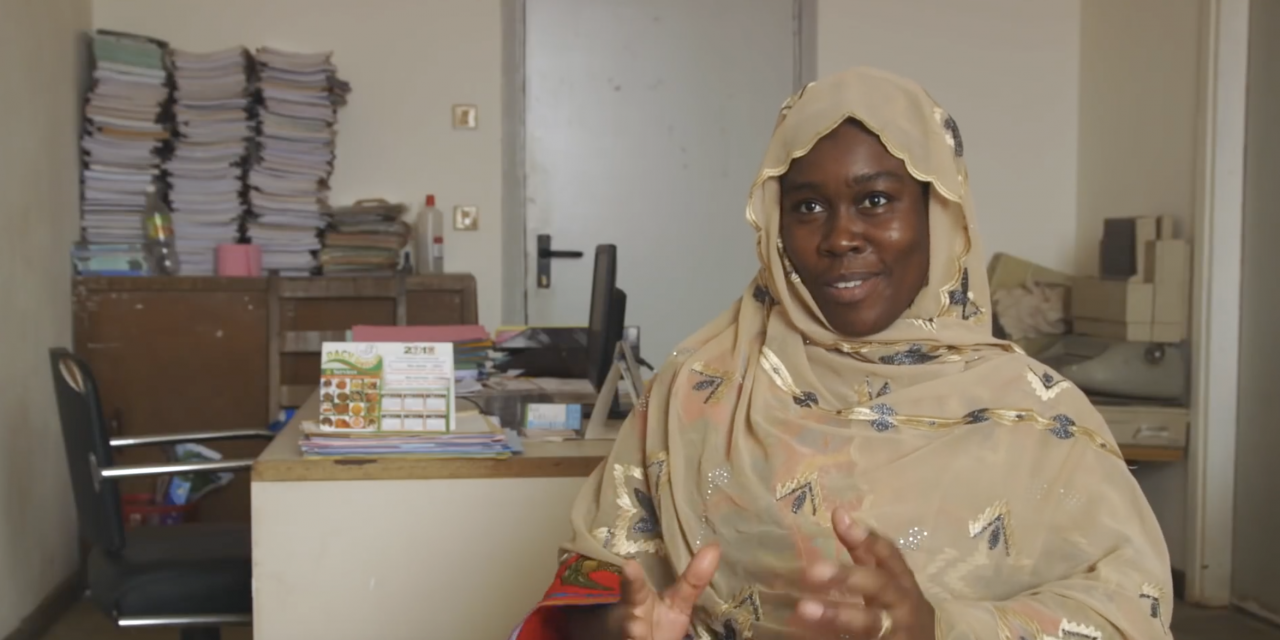August 6, 2018, 3:30 pm

The Committee for Women in Mathematics of the International Math Union recently released a documentary, “Journey of Women in Mathematics,” featuring the stories of mathematicians Neela Natara (India), Aminatou Pecha Njiahouo (Cameroon) and Carolina Araujo (Brazil). The documentary shows how these women achieved their success, and how they balance it with family responsibility.
The thirteen-minute film begins with the story of Neela Nataraj, the head of the department of mathematics at the Indian Institute of Technology in Bombay who has been named teacher of the year three times. While pursuing her doctorate in math, she got married, had a baby, and her father died. “These challenges made me stronger,” she said. Nataraj said it helped that she had a Ph.D. advisor who understood her responsibilities.
Read more:
Aminatou Pecha Njiahouo is a researcher and professor at Maroua University in Yaounde, Cameroon. She entered the world of math because her brother was a university teacher in the United States and she wanted to be like him. “You must be very brave if you are a woman because to get a seat in class you have to fight,” said Njiahouo, who is the only woman on the math faculty. “Sometimes the men said… ‘you women doing mathematics, when are you going to get married?’”
Njiahouo used this as a motivation to pursue her studies in paring-based cryptography. She recently started an organization of women in mathematics in Cameroon that encourages young women to enter math. “We’re going to show them the good side of math,” she said. “And when they enter university, they are encouraged to get a bachelor’s degree, a master’s degree and why not a PH.d.”
Carolina Araujo is the only female permanent researcher at the Institute of Pure and Applied Mathematics (IMPA) in Rio de Janeiro, Brazil. She completed her Ph.D. in mathematics at Princeton University. “I thought it was a very competitive environment, which did not talk to my heart,” said Araujo, who works in algebraic geometry. She said the best year in her doctorate program was when female colleagues created a support and social group.
Araujo is replicating this in Brazil where even though 25% of mathematicians in Brazil are women, they have less visibility. Conferences are often organized by men and sometimes only feature men. But, Brazil is undergoing a movement of women in mathematics and Araujo is one of the leaders, creating events for women mathematicians in Brazil. She was one of the organizers of the first-ever World Meeting for Women in Mathematics, held in Riocentro on the eve of ICM 2018.
“This will certainly help bring more women to mathematics in the long run,” she said.